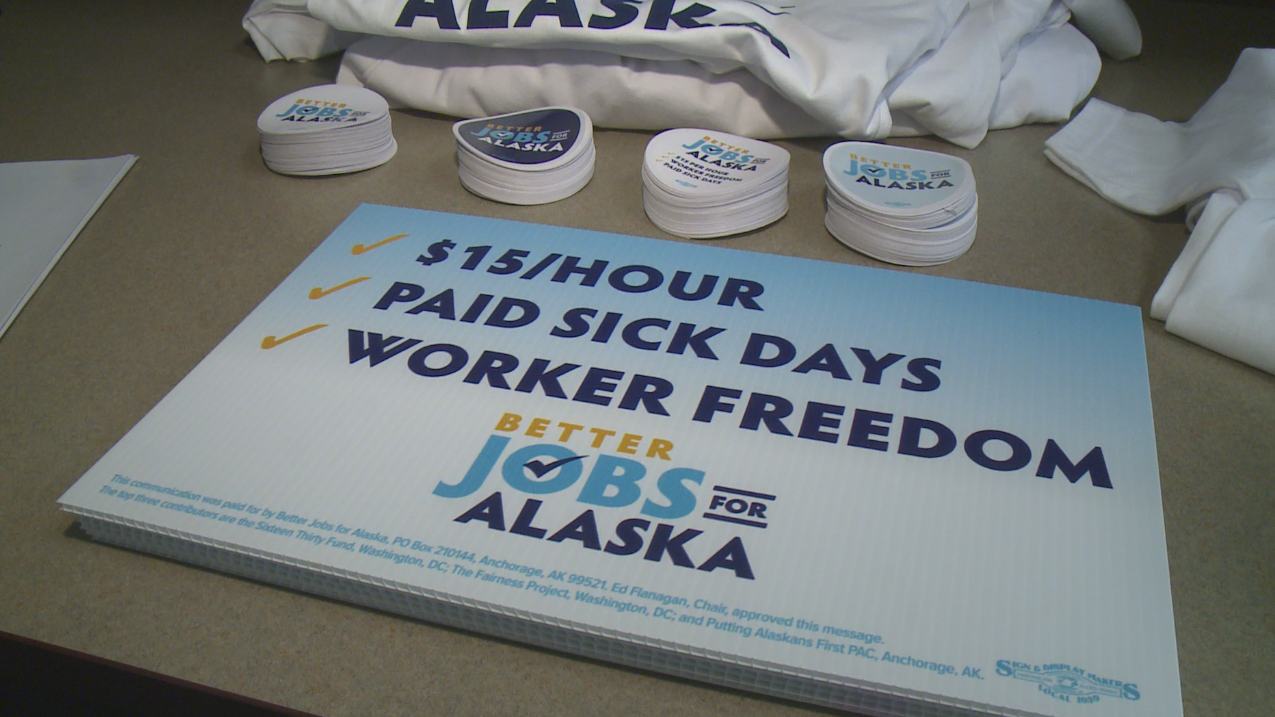In the last couple of years, a few court cases have challenged the legality of time rounding. Time Rounding is the practice of adjusting employee time to the nearest set increment, usually to the nearest 5 minutes, one-tenth of an hour, or a quarter of an hour. For instance, if an employer that rounds to the nearest 5-minute interval has an employee clock in for work at 9:05 or 8:57, an employer’s rounding rules may treat that employee as starting at 9:00. This practice is permitted as part of the Fair Labor Standards Act (FLSA) signed into law in 1938.
However, Timesheet Rounding cannot be to the detriment of the employee. The Code of Federal Regulations states, “For enforcement purposes, this practice of computing working time will be accepted, provided that it is used in such a manner that it will not result, over a period of time, in failure to compensate the employees properly for all the time they have actually worked.” In other words, the total rounding up or down of an employee’s hours cannot be less than the actual time worked.
California has stricter guidelines under Labor Code Section 510 -512. California courts commonly reference the line in the Labor Code stating “employees will be paid for all work performed” when issuing rulings. In the 2021 Donohue v. Amn Services case, the court stated, “Employers cannot engage in the practice of rounding time punches — that is, adjusting the hours that an employee has actually worked to the nearest preset time increment — in the meal period context.” In essence, employers must give a minimum of a 30-minute meal break once an employee works more than 5 hours, and this time cannot be rounded.
In 2022, the California Court of Appeals expanded on the issue of rounding in Camp v. Home Depot USA. In this case, during an audit of Home Depot’s timekeeping system, the plaintiff suffered a total net loss of 470 minutes, or approximately 7.83 hours, due to rounding. The court noted, “If an employer, as in this case, can capture and has captured the exact amount of time an employee has worked during a shift, the employer must pay the employee for ‘all the time’ worked.”
On August 11, 2023, the 8th Circuit Court of Appeals, which covers North Dakota, South Dakota, Nebraska, Minnesota, Iowa, Missouri, and Arkansas, revived a lawsuit challenging an employer’s timekeeping practices. In Houston v. Saint Luke’s Health System, reports showed that the rounding policy benefited St. Luke’s more often than not across different time periods. In a review of over 7 million shifts of 13,000 employees, the rounding policy cut time from about half of the shifts added time to a little over a third and had no effect on the rest. Overall, the policy favored St. Luke’s by 74,000 employee hours from April 2012 to September 2018. The court agreed with Houston, stating, “…the employees as a whole fared worse under the rounding policy than had they been paid according to their exact time worked.”
The abovementioned lawsuits suggest that courts are increasingly likely to rule against employers using time card rounding that results in underpaying their employees.
How can we help?
Aligning timesheet rounding to current federal, state, and local guidelines is essential. Time Equipment Company‘s world-class time and attendance system can record time to the minute or establish rounding parameters to meet these guidelines.
For more information, please contact Time Equipment Company at sales@timeequipment.com or 800-997-8463.
*This information simplifies complex Acts as Time Equipment Company understands it. It is not to be taken as legal advice. The regulations for this program are changing. For further information, contact your state or local Department of Labor.










